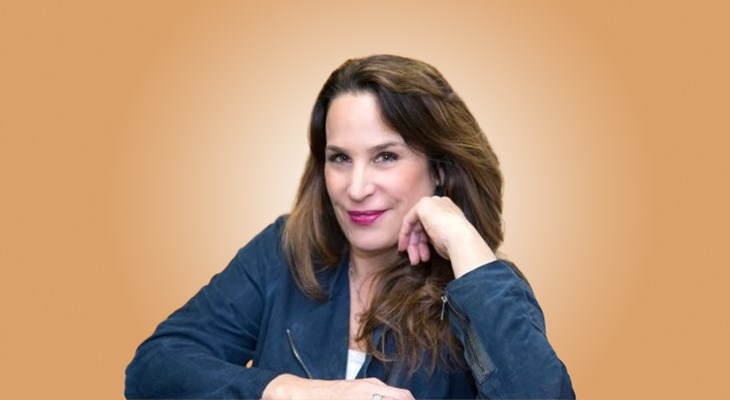Sally Hughes founded Caster Connection in 1987 when she started selling chair casters out of the trunk of her car. Over 36 years, she built the business up to include some 3,000 different products, mainly industrial and ergonomic casters and wheels, that she sold throughout the world to companies such as Tesla, Amazon, BMW and Honda. In December of 2022, she sold her business. At the Columbus Smart Business Dealmakers Conference, she talked about that transition.
Some 10 years ago, someone said to her that she can't be the most important person in her company if she wants to get the best valuation for her business, and she says she really took that to heart. So, about five years ago, she started planning for her exit.
"What that meant was, I wanted to be as efficient as we possibly could be as a company, as an organization," Hughes says. "I wanted to hire the best possible people that I could, which meant upgrading some talent. And there were a lot of difficult decisions that I had to make in between."
But the ultimate reason she wanted to sell is that she got the business to a certain point and didn't know how to get it to the next level.
"I had met with a lot of advisors, a lot of friends who had sold their businesses, and I said, 'What do I need to grow the business?' And I think I discovered that I didn't really necessarily have what it took," she says. "I think I learned to take my ego out of my business. So, I was able to just stand back and say, 'OK, here's what I think we need.' I had an awesome advisory board who helped me discover what I needed to do and who I needed to hire to help get us to that level where I thought we're headed in the right direction, and I think when it's time to sell, we're going to do just fine."
The opportunity, she says, happened quicker than she thought. The acquiring company was a great cultural fit, and she had stepped out of the business a couple years prior to the sale so that her executive team and managers could fill in, grow and learn as she had from the ground up. Still, it was a tough transition for her.
"I really wouldn't say that I was exactly well-prepared," Hughes says. "I was on some boards, I was involved in my church. It's still shocking to me that it's actually happened after 36 years."
Selling the business has given her the opportunity to have the life that she wants and just let go.
"And the other thing that I learned is, which I had never done before, and this is going to sound maybe kind of crazy, but I've never learned how to just be — just exist, just be happy in my life," Hughes says. "I'm always doing. My calendar has been so full. So, I'm just kind of letting things come into my life. I'm being guided by a higher power, whatever you want to call that. And so, I'm in a very beautiful place right now."
Hughes says she's still on the Caster Connection board, but admits that it's a relief that she's no longer directly responsible for dealing with the company's challenges. She's also bought into two businesses, making small investments, and is on the board for one of them.
"So that's really been fun for me because I want to keep my fingers in business," she says.
For others in a similar position as she had been, she offers the advice that her business advisor would give her, which was to keep her eye on the prize. It's also good to have somebody to vent to — not a deal professional, but friends and family, because it's a big transition for them, too.
She also recommends starting planning years in advance and think through what needs to be done to shore up the business. For instance, when she took a hard look at her own deficits as a leader, it helped her understand who to target and bring into the business. She says because she identified that she struggled with the financial aspect and strategic direction of the company, those are the skills she wanted in the people that she went after.
She also advises that owners step back from the business. Because she did, it gave her time to think things through during what for her was a very highly emotional journey.




